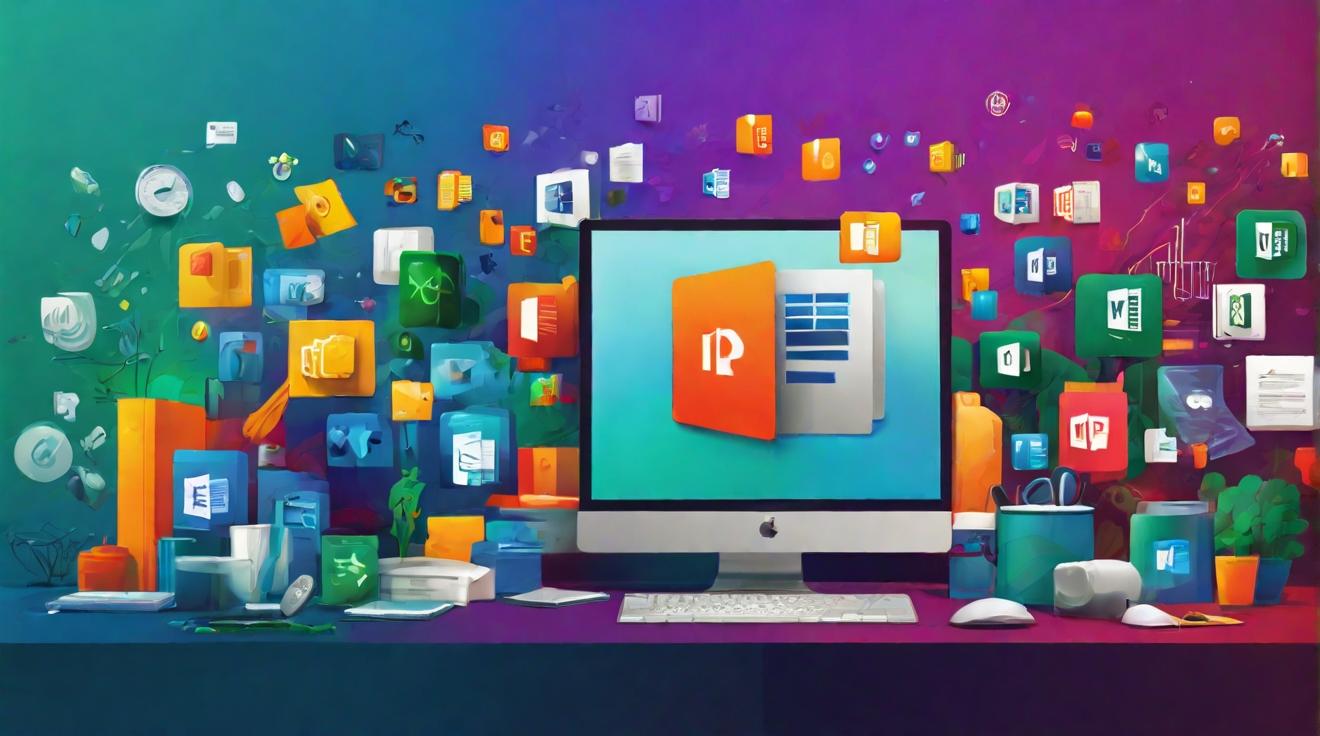Disney Makes Huge Investment in Epic Games, Transforming “Fortnite” into a Virtual Disney World
Disney‘s recent $1.5 billion investment in Epic Games marks the company’s biggest foray into the world of video games. This partnership is set to significantly increase the presence of Disney characters within Epic’s popular game, “Fortnite,” turning it into something akin to a virtual Disney World. The announcement has already led to a 10 percent jump in Disney’s stock, signaling executives and investors alike see gaming as a lucrative avenue for growth.
Gaming Industry Sees Tremendous Growth, Leaving Game Developers Struggling to Adapt
As major tech and media companies take advantage of gaming’s pandemic-fueled rise, they are disrupting the traditional economic foundations of the industry. While entertainment giants like Disney and Netflix are reaping the benefits of gaming’s popularity, game developers themselves are facing challenges. With the increasing dominance of free-to-play and live service games, traditional game sales are declining while production costs continue to rise. This has led to a wave of layoffs in the gaming industry, making 2024 a difficult year for rank-and-file staff at gaming studios.
Tech Giants Recognize Gaming as a Lucrative Market, Highlighting User Engagement and Innovation
Tech giants are also capitalizing on the booming gaming industry. Netflix reported a tripling of user engagement around its gaming products during its Q4 2023 earnings call. Microsoft‘s CEO, Satya Nadella, emphasized game streaming as a growth area during the company’s Q2 2024 earnings call. Cloud gaming and innovative experiences are driving increased user engagement and streaming hours, indicating a strong market for tech companies in the gaming sector.
Gaming Companies Must Adapt Business Models for Success in 2024
To thrive in 2024, gaming companies must adapt their business models beyond traditional premium game sales. Electronic Arts (EA), for example, has successfully pivoted to live services and other revenue streams, which contributed to a record $1.71 billion in live services bookings in Q3 2024. However, simply embracing the free-to-play or live service model does not guarantee success. Gaming companies that aim to become broader content and lifestyle platforms still face challenges in converting this expansion into profits.
Roblox’s Revenue Growth and Wider Losses Highlight Risks Faced by Gaming Companies
While some gaming companies are experiencing revenue growth, they also face widening losses. Roblox, for instance, saw a 30 percent increase in revenues and net bookings in Q4 2023, but also incurred losses of around $30 million during the same period. As the company continues to increase its headcount, it positions itself on a potentially risky precipice. Profitability remains a key challenge for gaming companies expanding into broader platforms.
Gaming Industry Seeks to Capitalize on Massive Scale and Monetize More Effectively
The gaming industry is undergoing a transformation as it discovers new ways to reach a wider audience and monetize effectively through technology platforms. With the rise of casual gamers, gaming companies are finding opportunities for growth and monetization beyond the traditional boundaries of the industry. As gaming platforms continue to evolve and scale, both tech and entertainment companies are increasingly leveraging gaming as a cultural and economic powerhouse.
Analyst comment
1. Positive news: Disney’s investment in Epic Games and the integration of Disney characters into “Fortnite” is seen as a lucrative avenue for growth. The market is expected to respond positively, with a 10% jump in Disney’s stock.
2. Negative news: The gaming industry is seeing tremendous growth, but game developers are struggling to adapt due to declining traditional game sales and rising production costs. Layoffs are expected in the gaming industry, making it a difficult year for staff.
3. Positive news: Tech giants like Netflix and Microsoft recognize gaming as a lucrative market, with increased user engagement and streaming hours. This indicates a strong market for tech companies in the gaming sector.
4. Positive news: Gaming companies must adapt their business models beyond traditional premium game sales to succeed in 2024. Electronic Arts’ successful pivot to live services shows the potential for revenue growth. Challenges remain in converting expansion into profits.
5. Negative news: While some gaming companies experience revenue growth, they also face widening losses. Roblox’s increased revenues and net bookings are juxtaposed with losses. Profitability remains a challenge for gaming companies expanding into broader platforms.
6. Positive news: The gaming industry seeks to capitalize on its massive scale and monetize more effectively through new technology platforms. Opportunities for growth and monetization beyond traditional boundaries are being discovered, making gaming a cultural and economic powerhouse.
Market analysts predict a positive outlook for the gaming industry due to its growth potential and increased focus from major tech and entertainment companies. However, challenges such as declining traditional game sales, rising production costs, and profitability issues need to be addressed for long-term success.













